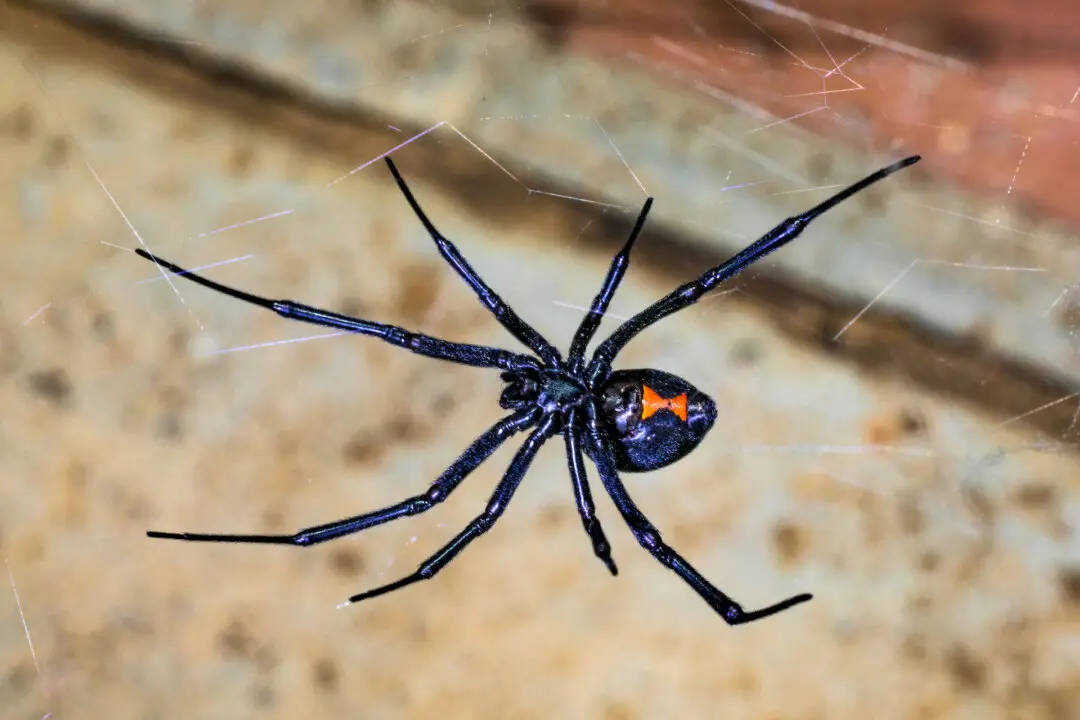Q: My neighbor’s healthy, young dog died suddenly of liver failure. The vet thinks the cause was aflatoxins in a new bag of dog food, since the food was later recalled. How can I prevent something similar from happening to my dog?
A: Aflatoxins are poisons produced by molds, particularly Aspergillus molds, that grow on grains such as corn and rice, as well as soybeans, tree nuts, peanuts, and cottonseeds. These molds flourish under warm, moist growing and storage conditions.





